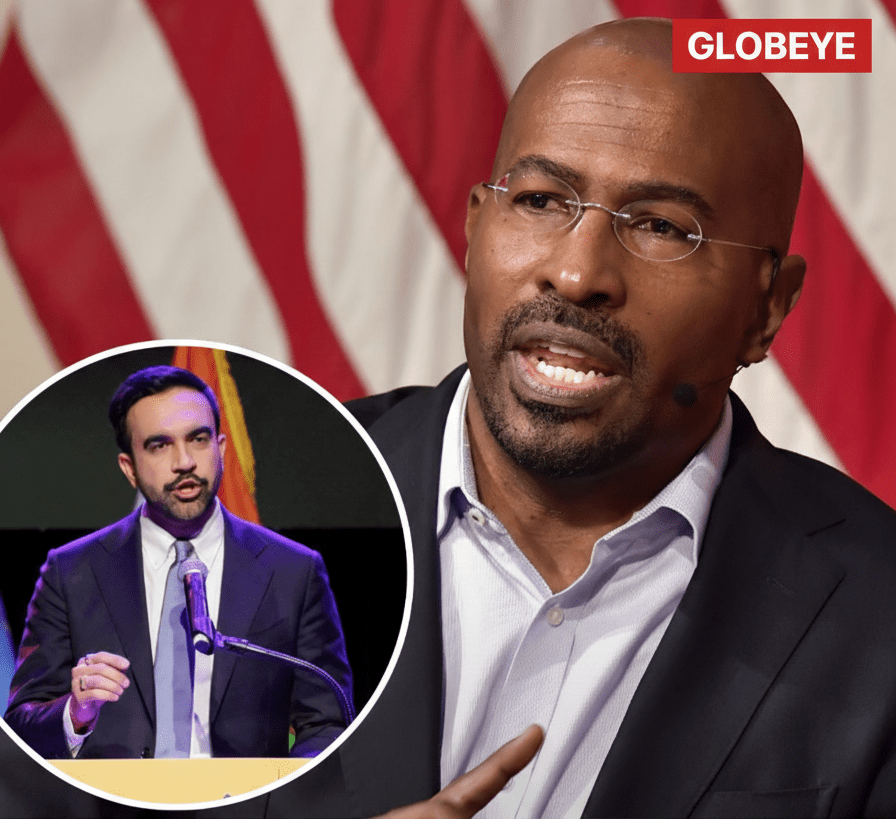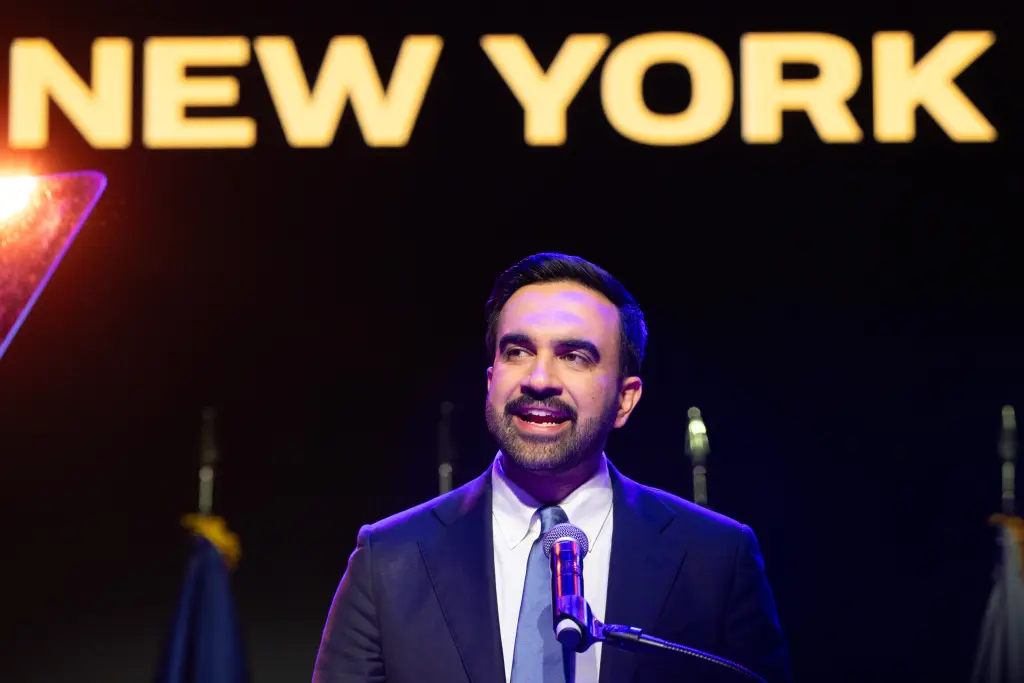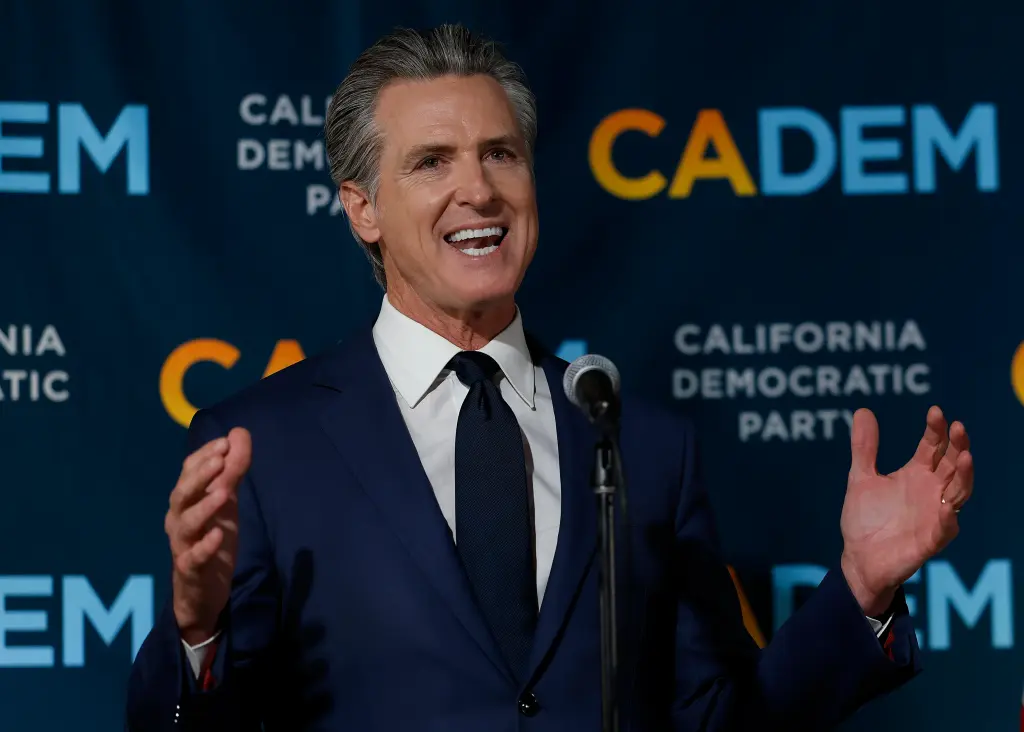CNN’s Van Jones Questions NYC Mayoral-Elect Zohran Mamdani’s Sudden Shift in Tone After Historic Victory
When history is made, every moment is dissected. But the post-victory moment of Zohran Mamdani in New York City is stirring more than celebration—it’s stirring concern. Moments after being declared mayor-elect, Mamdani delivered a 20-minute victory speech surprisingly charged with intensity, defiance and ideological fire. That’s when Van Jones, the liberal commentator and former Obama adviser, stepped forward on live television to declare what many were already thinking: the warm, inclusive campaigner New Yorkers elected seemed replaced by someone else entirely. “I think his tone was sharp,” Jones told viewers. “I think he was using the microphone in a way that he was almost yelling. That’s not the Mamdani we saw on TikTok and in great interviews.”

Mamdani, age 34, made history as the city’s first Muslim, first South Asian and first democratic-socialist mayor-elect. He carried approximately 50.4 percent of the vote, defeating his closest opponent by a clear margin. That victory was built on bold promises of rent freezes, universal childcare and free public transit—a platform deeply resonant with younger voters, progressive activists and disenfranchised residents alike. Support poured in from national figures such as Alexandria Ocasio‑Cortez and Bernie Sanders, elevating his campaign from local street rallies to the national spotlight.
But many moderates and centrists were uneasy long before the votes were counted. A string of controversies—social media posts, critiques of Israel, and questions about his housing history—raxed his campaign with friction. Now observers say the rhetorical shift in his victory address may reveal a different political instinct at play. He began his speech alone at the podium, declaring “you have delivered a mandate for change… a mandate for a new kind of politics.” He confronted the old guard. He taunted opponents. He raised the stakes. None of this mirrored the more restrained candidate who once said in small-group interviews that he wanted to “unite, repair and rebuild.”
Van Jones’s critique wasn’t only about tone. He frames it as lost opportunity—of reaching beyond a progressive base to helm a city as diverse and divided as New York. “There are a lot of people trying to figure out, ‘Can I get on this train or not? Is he going to include me?’” Jones asked. “I think he missed a chance tonight to open up and bring more people into the tent.” That question lingers: can a mayor who announces change with fiery conviction also build coalitions? Can one who ran on community and belonging govern across difference?
For many New Yorkers—especially those whose votes helped elect him—the question is not just theoretical. They face a city riddled with housing crises, budget shortfalls, public-safety concerns and infrastructure decay. They need more than promise; they need pragmatism. They need inclusive leadership. Mamdani’s election night lit a torch of hope for many. Yet the shift in rhetoric has set off alarms among voters who lean progressive but worry that uncompromising messaging could alienate key partners, donors and moderates just when cooperation matters most.

Institutionally, the stakes are high. The mayor of New York must collaborate with a powerful state government, with multiple agencies and with neighborhood stakeholders. His platform calls for sweeping reforms—free transit, universal childcare, rent freeze—all expensive and complex. Backing alone won’t be enough. He must govern. And governing demands coalition building, negotiation and infrastructure. The question critics ask now: if the moment that launched him was the moment he switched character, what moment will define the next chapter?
Supporters of Mamdani push back—insisting the speech was about clarity, boldness and fulfilling a mandate. They say Jones’s critique underestimates the urgency of the crises and the need for a leader who speaks forcefully. They see the rhetorical pivot as the sound of accountability arriving in a city that has long lived on incrementalism. For them, Mamdani’s voice rising is a corrective, not a concern.

But the broader conversation will continue long after the headlines fade. It’s about whether style without substance can carry the heavy lifting of governance. It’s about whether a candidate celebrated for his authenticity can govern while keeping that authenticity intact. And it’s about the kind of leadership a city of eight-plus million demands—bold, yes, but also steady, inclusive, and strategic.

Zohran Mamdani’s win was historic. His speech was electric. His critics are watching closely. His own supporters are hoping that the spark lights a path forward, not just a moment in time. For Van Jones, the message was clear: tonight’s tone may cost tomorrow’s unity. For New Yorkers, the message is urgent: change has arrived—but now they’re awaiting the proof.



